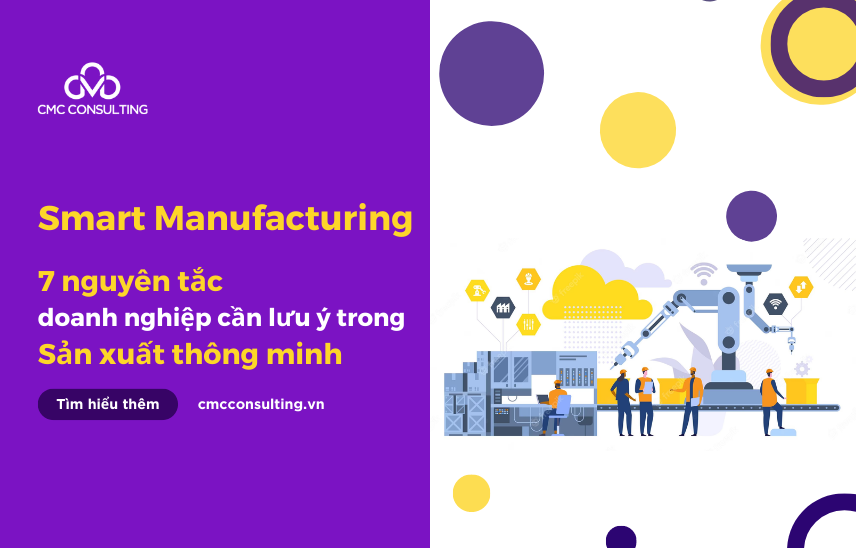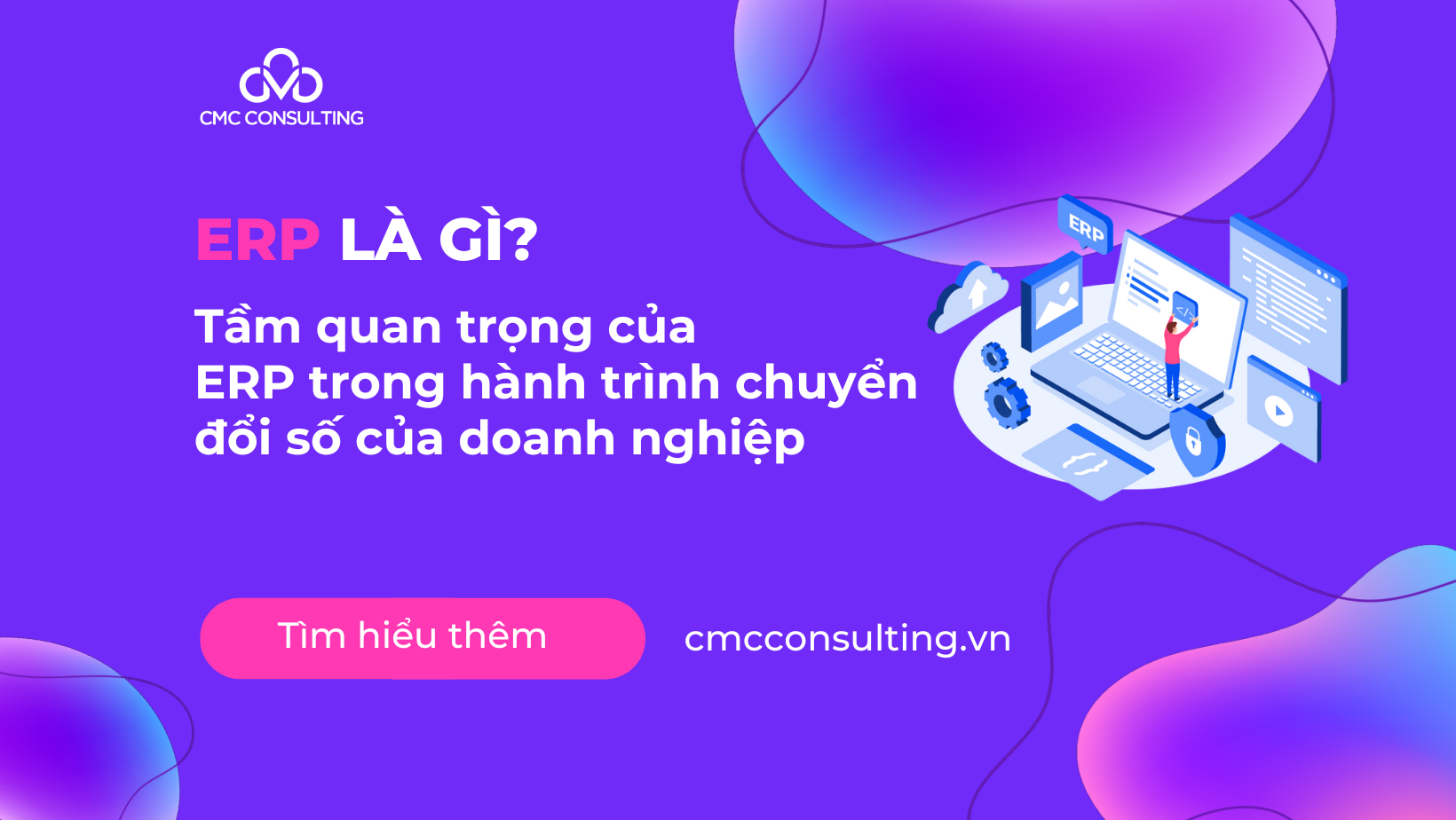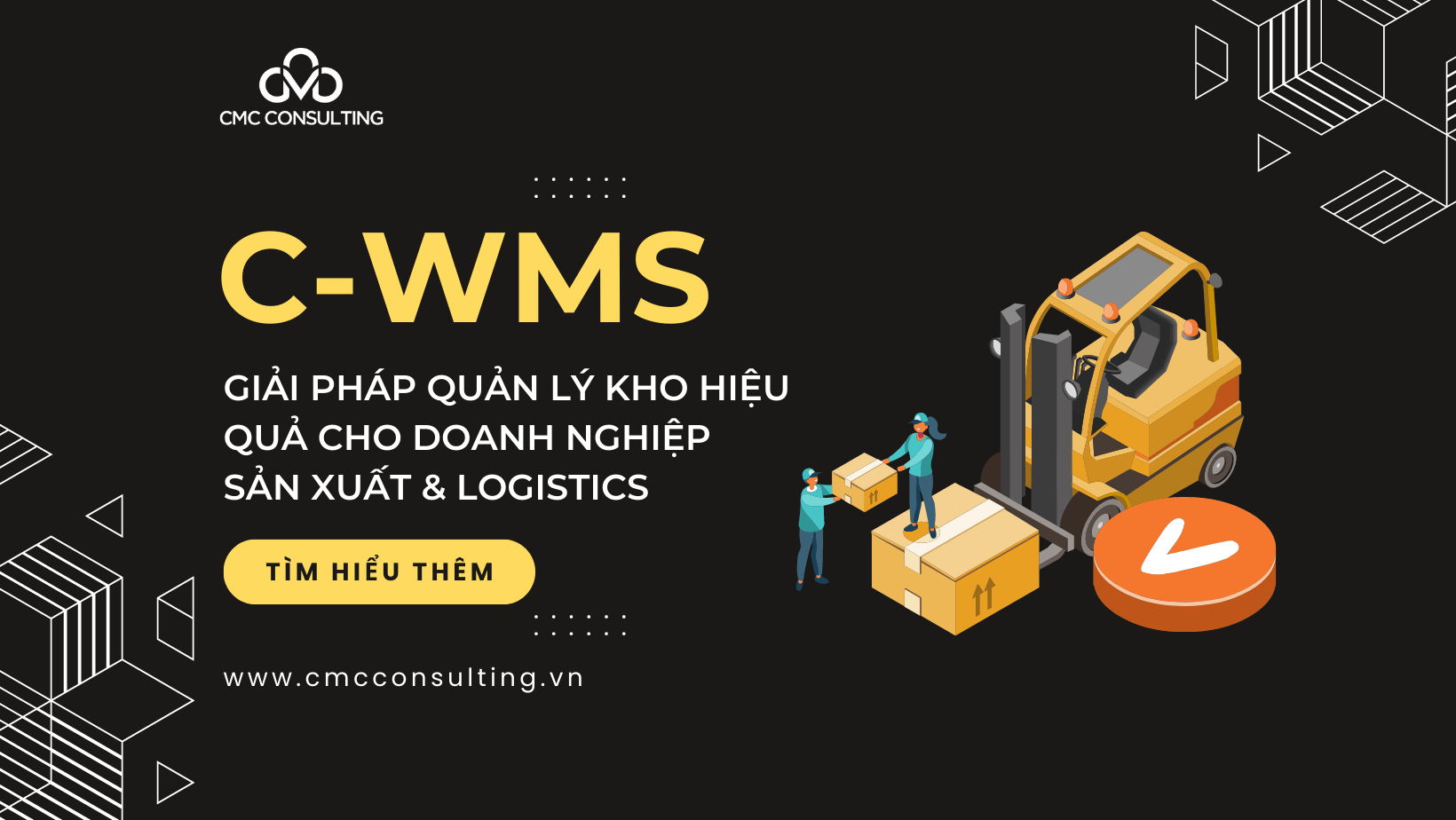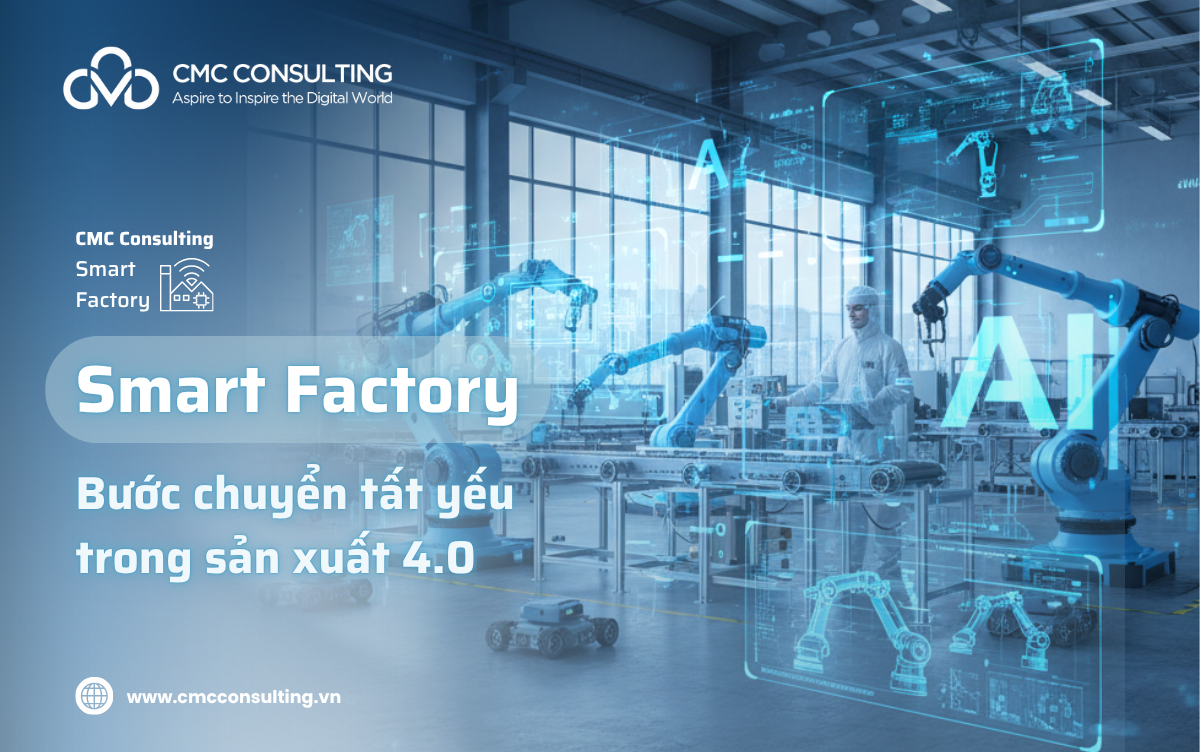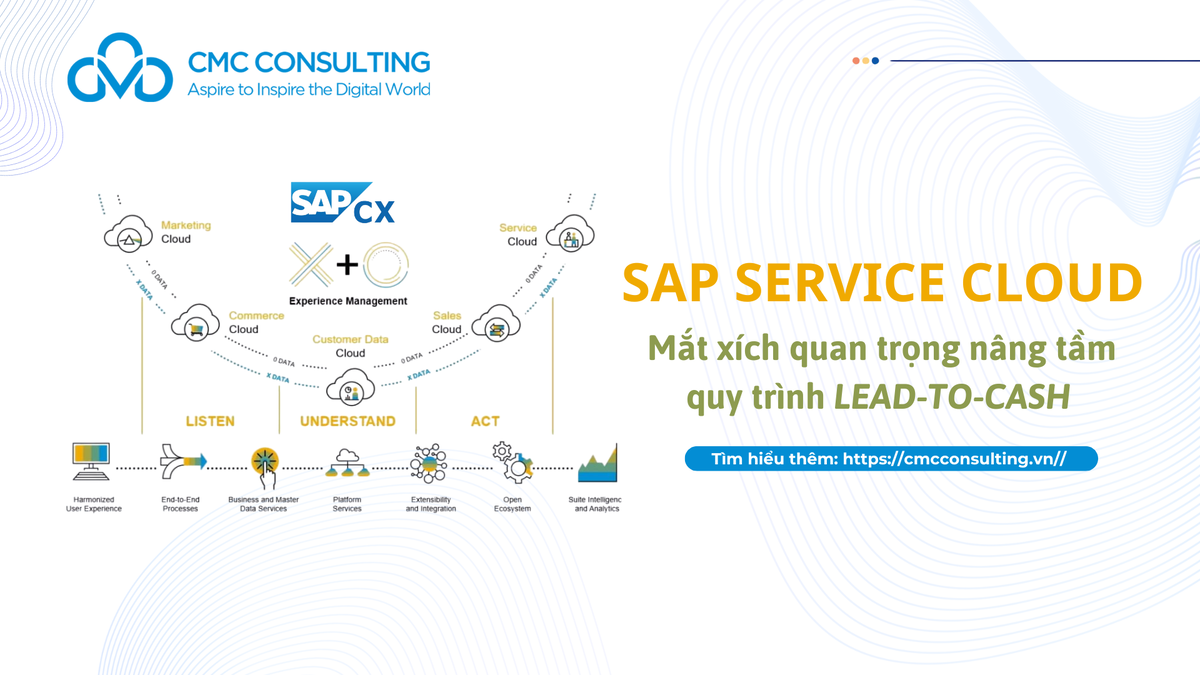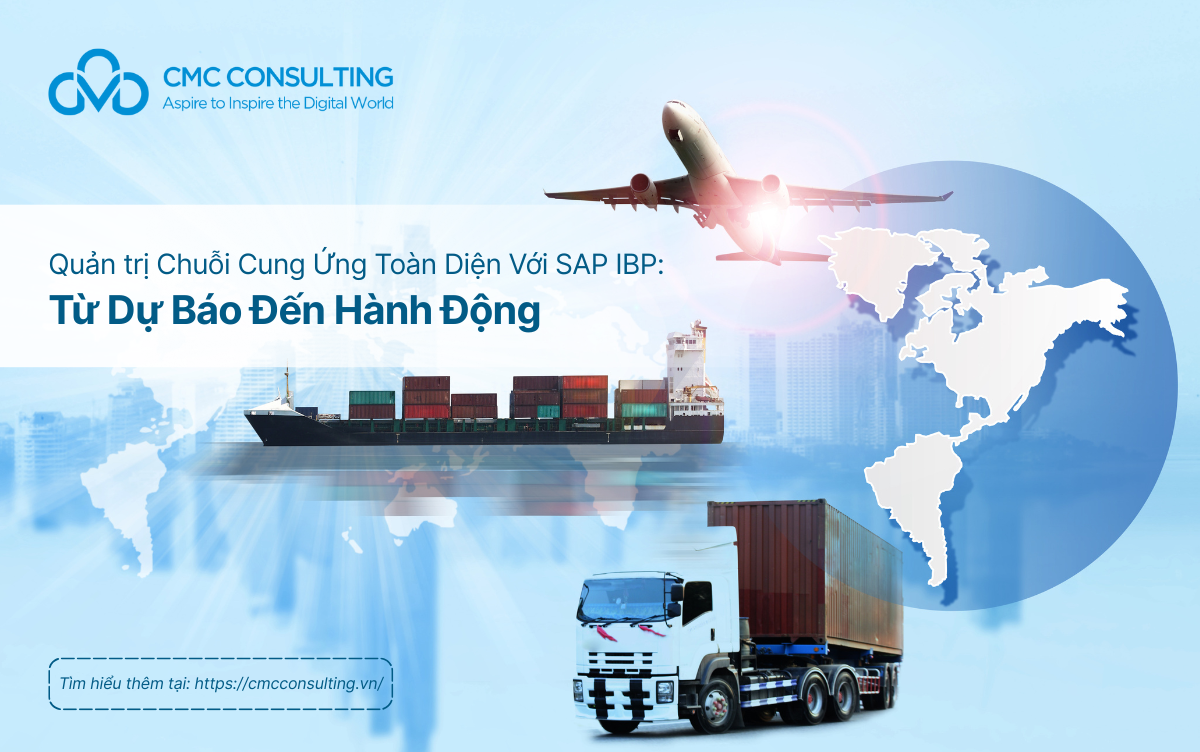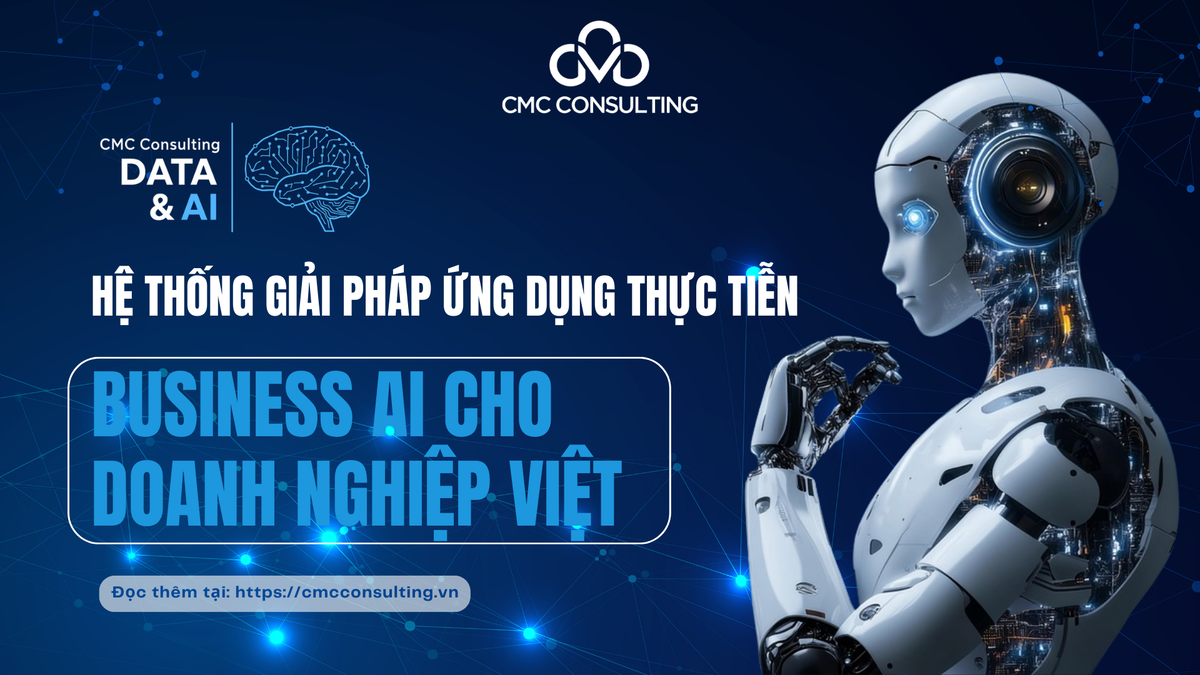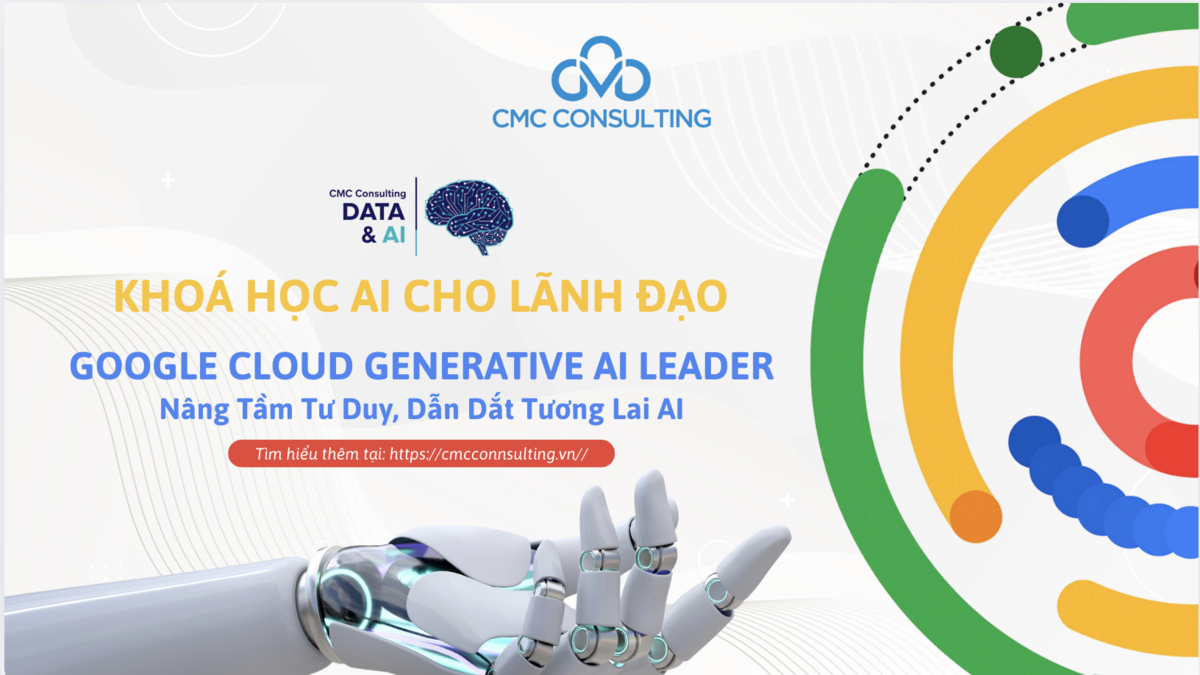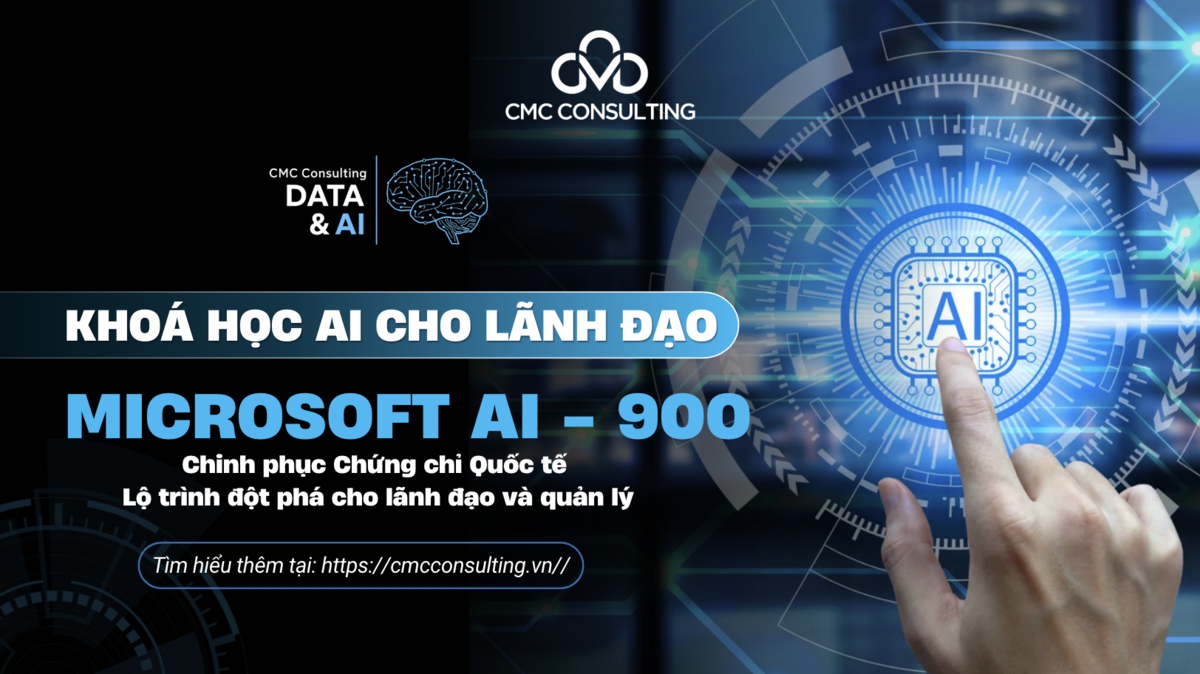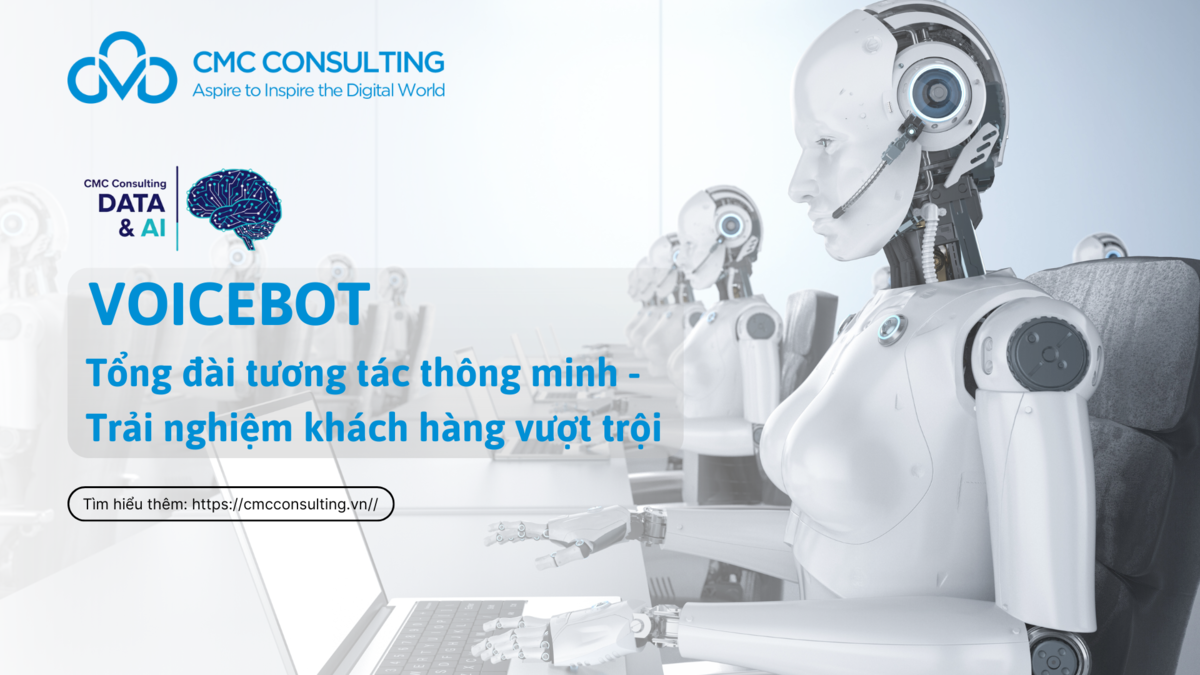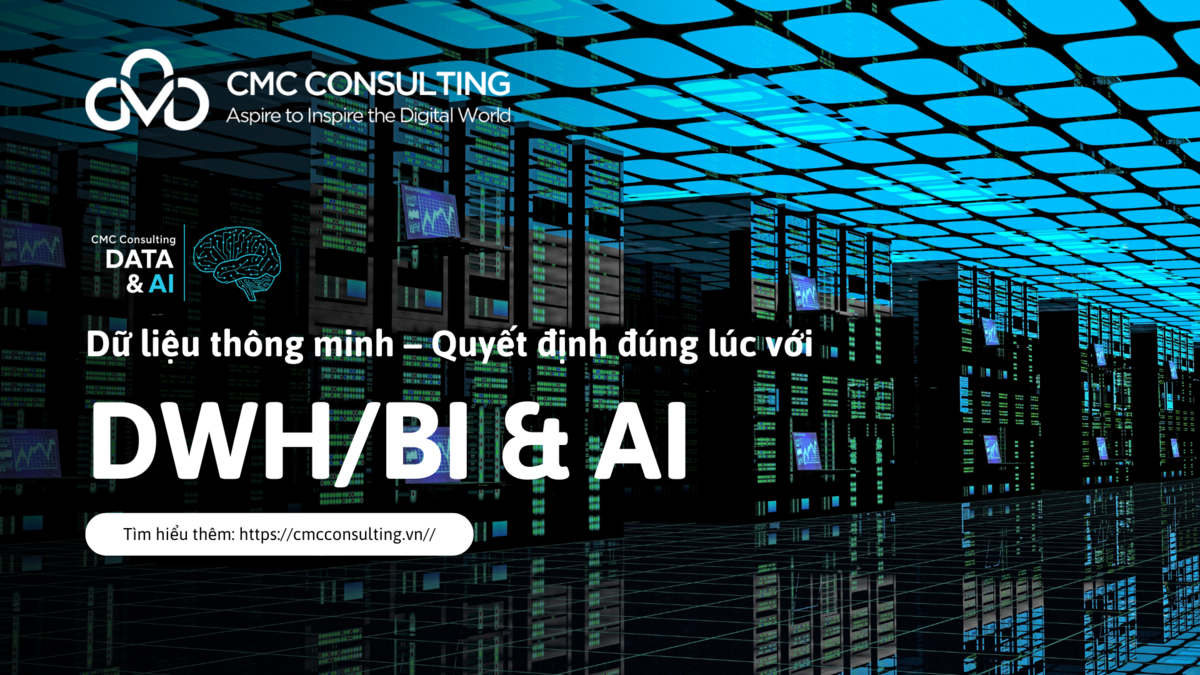The application of the ERP system is extremely necessary for Enterprises who want to successfully digitize and digital transform in order to promote business efficiency and improve the position of enterprises in the fiercely competitive market.

ERP is an acronym for the phrase Enterprise Resource Planning System, also known as an operational information system and business administration. This is a single system that integrates all core processes needed to run a company, including functional modules such as: financial accounting, management, human resources, manufacturing, supply chain, sales, etc..
This is a multi-module software application system, integrated under an overall architecture and a centralized database.
- Master data is declared once and used for many modules
- Processes are built and closely integrated with each other, transaction data is integrated and inherited between modules.
The importance of ERP to enterprises
The application of ERP in enterprises has great meaning for many fields and different subjects:
The ERP system helps standardize business management processes, apply tools (IT) in management and production - business; increase the competitiveness and integration ability of enterprises with the global economy and enhance the enterprise brand. Besides, with the application of ERP following international standards, providing clear financial information will not only create trust for partners in the business but also help businesses be flexible in the current volatile market.
ERP supports managers in increasing the ability to manage, monitor and run the business; improving efficiency and optimizing resources in production and business; solving the problem of Spend less – Know more – Get more.
Information is analyzed and evaluated accurately and timely through a system of solutions for information storage, information support, decision making, etc. helping enterprise processes be unified and standardized; reducing the amount of paperwork; improving labor productivity and the quality of human resources in the enterprise.

When is the time Enterprises need to deploy the ERP System?
The flexible feature of ERP software allows enterprises to implement solutions based on their own business needs. Specifically, here are some suggestions for when enterprises should deploy or upgrade their ERP system:
- Running a business in the usual way takes too much time
When businesses take more time to manage key activities in the organization such as: Multi-stage financial management process, old software processes data slow or overloaded,... affects daily business operations. ERP will be the optimal solution with data integrated into a system with a common interface, helping business units easily communicate and perform work efficiently.
- Enterprises change form/scale of operation
The business is growing, has grown, or is planning to scale up more significantly. It can be the corporations conducting mergers and acquisitions that need to streamline the system between subsidiaries.
- Manual data management is no longer effective
Updating and merging data between departments will take a long time, prone to be duplicated if most departments are using separate applications and processes to complete work. This makes it difficult to report and the possibility of errors increases when the data is scattered, disjointed and not unified throughout the enterprise.
- The seizing of business opportunities is not effective
The ERP system includes advanced analytics capabilities and artificial intelligence with integrated advanced technology such as in-memory database, machine learning to help leaders detect opportunities, new sales channels and revenue streams.
- Enterprises want to update advanced management trends
Organizations and businesses, led by long-term visionary leaders have outlined a business technology roadmap that includes a new enterprise solution.

Applications of ERP system in enterprises
Currently, most ERP solutions can be applied from small companies to multinational corporations in many different sectors and industries, including:
- Real Estate and Construction
Real Estate enterprises can manage all processes in the entire life cycle of a project from Product Design, Subcontracting Management, Selling & Payment, Project Management, Service Management. Processes are handled automatically and transferred in a common module to build a unified reporting system, supporting planning and project management,... to help the management committee have instant parameters for quick decision making.
ERP solutions bring many benefits to enterprises in the manufacturing industry, help to solve almost all business challenges such as: Supply chain management helps reduce costs and delivery times; support research and production, expand the scale of enterprises, improve productivity through production process management and human/material resource management. From there, enterprises can optimize factory activities to increase production and ensure the best quality.
The retail ERP solution was developed to help enterprises solve the problems of supply chain management, sales management, income and customers data; quality management, financial and resource management system,... This solution is suitable for enterprises in the retail system with large business chains such as chain supermarkets, chain stores, showrooms in many fields,... ERP software for the retail industry is expected to be a powerful tool to help retail organizations improve their competitive position.
The ERP system helps to optimize financial management, customer relationship management, risk management, supplier relationship management, price management,... to ensure the security and safety, improve the efficiency and assist financial managers in making tactical and strategic decisions. Moreover, it also helps financial institutions to improve their operational capacity.
ERP will help telecommunications companies optimize business management efficiency and quality of products and services; make optimal use of telecommunications resources, expand the business comprehensively, and maintain good relationships with customers.
Besides, the implementation of ERP is also suitable for many other industries/fields such as: Education, Logistics, Restaurant - Hotel, Medical - Health, etc..

The process of converting from the old system to the ERP system
To implement a successful and smooth ERP system, enterprises need to do the following 8 steps:
1. Clearly determining the business needs of the business
Includes: detailed assessment of business challenges, workload, needs to be solved by departments in the company. Helping enterprises define the goals clearly, project scope, and everything the organization needs about an ERP solution.
2. Finding the right project manager
For an important project such as ERP implementation, this issue is one of great concern. The leader will act as the "head" of the plan, the link between company employees and the ERP supplier, ensuring that the project implementation is always within the estimated budget and in line with the objectives set out.
3. Choosing an ERP solution supplier
The right supplier will help the system transition go smoothly. When choosing any supplier, businesses should also ask questions about: What are the benefits and values brought after deployment? Suitability of the solution? This is a very important step that should be carefully considered between members of the project team and management.
4. Install software
At this stage, it is necessary to evaluate the enterprise's current business operations and re-engineer business processes into standard operating procedures, creating the basis for establishing a new, moderner and more professional business model.
5. Data migration
Before starting the migration, it is necessary to review and homogenize all data and remove redundant information. Once the data has been updated and verified, the deployer will migrate the data to the new system so that businesses can use it on a single platform.
6. Experiment
After the ERP supplier tests and ensures the quality of the system, they give the business some time to test it out. At this point, users will coordinate to confirm that business processes are happening correctly between departments, and then report back to the supplier for them to review the software to avoid mistakes.
7. Complete training for employees
User training requires a lot of time and effort on the part of businesses and employees. Some implementation suppliers also provide support courses and user training through offline or online classes.
8. Continuously evaluate and improve the ERP system
An ERP system is only effective in the long run as the business continues to invest and improve it. Therefore, it is necessary to check the software evaluation periodically. This will help businesses determine which functions should be changed or added to get the maximum benefit from this system.

Benefits of successful implementing ERP for Enterprise
Here are 7 key benefits that ERP systems bring to enterprises after implementation, helping them position for success:
- Maximize resource planning and management
ERP allows enterprises to plan their operations, so businesses can predict and forecast their sales, costs, and other resources to help leaders make decisions more effectively and accurately.
The ERP system eliminates the intermediary factors that make the information flow not transparent in the process of coordination between many parties in an enterprise, improving work efficiency and cutting unnecessary costs.
- Increase the quality of the finished product
Not only has practical benefits in providing information, managing or reducing costs, but ERP also supports improving product quality by activities such as construction, evaluation, inspection, monitoring, and quality management in the ERP.
All managers want to improve the performance of the business in the context of increasingly fierce competition in the market. ERP is one of the key solutions to the problem of minimizing unnecessary costs, promoting and improving production productivity, thereby increasing profit margins.
Not only providing information quickly, but ERP is also an effective tool for data storage and analysis such as: Details of the entire business; quick information retrieval; coordinate, analyze and exploit information from stored data to have a suitable business plan; high data security.
- Simplify risk management and regulatory compliance
ERP helps to reduce the possibility of errors in accounting and financial processes, allowing more granular visibility and control of transactions. Moreover, it helps the operation process to comply with the general regulations of the company and the government.
- Predictability and scalability
ERP systems allow businesses to easily predict business opportunities and risks, drive better business results, and help businesses scale up.
The implementation of Enterprise Resource Planning System (ERP) is an inevitable trend and an arduous process with many challenges, requiring businesses to thoroughly prepare and invest in resources, and the most crucial thing is that businesses need to have a credible partner to accompany them for the successful digital transformation.
Established in 2008, CMC Consulting (Successor company of CMC Ciber) is honored to be the Gold Partner of SAP Vietnam, a leading reputable provider of consulting services and implementing business management solutions. With more than 150 leading ERP consultants and experience in successfully implementing ERP systems for many businesses in the domestic and international markets, CMC Consulting is committed to customer success by quality services and optimal price competition.
CMC Consulting - Empowering Businesses During the Digital Transformation!
Contact Us now:
Hotline: 024 7106 5555- Ext: 8700
Email: contact.cmcconsulting@cmc.com.vn





 CMC Consulting
CMC Consulting  23/12/2021
23/12/2021







